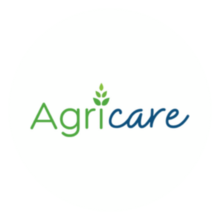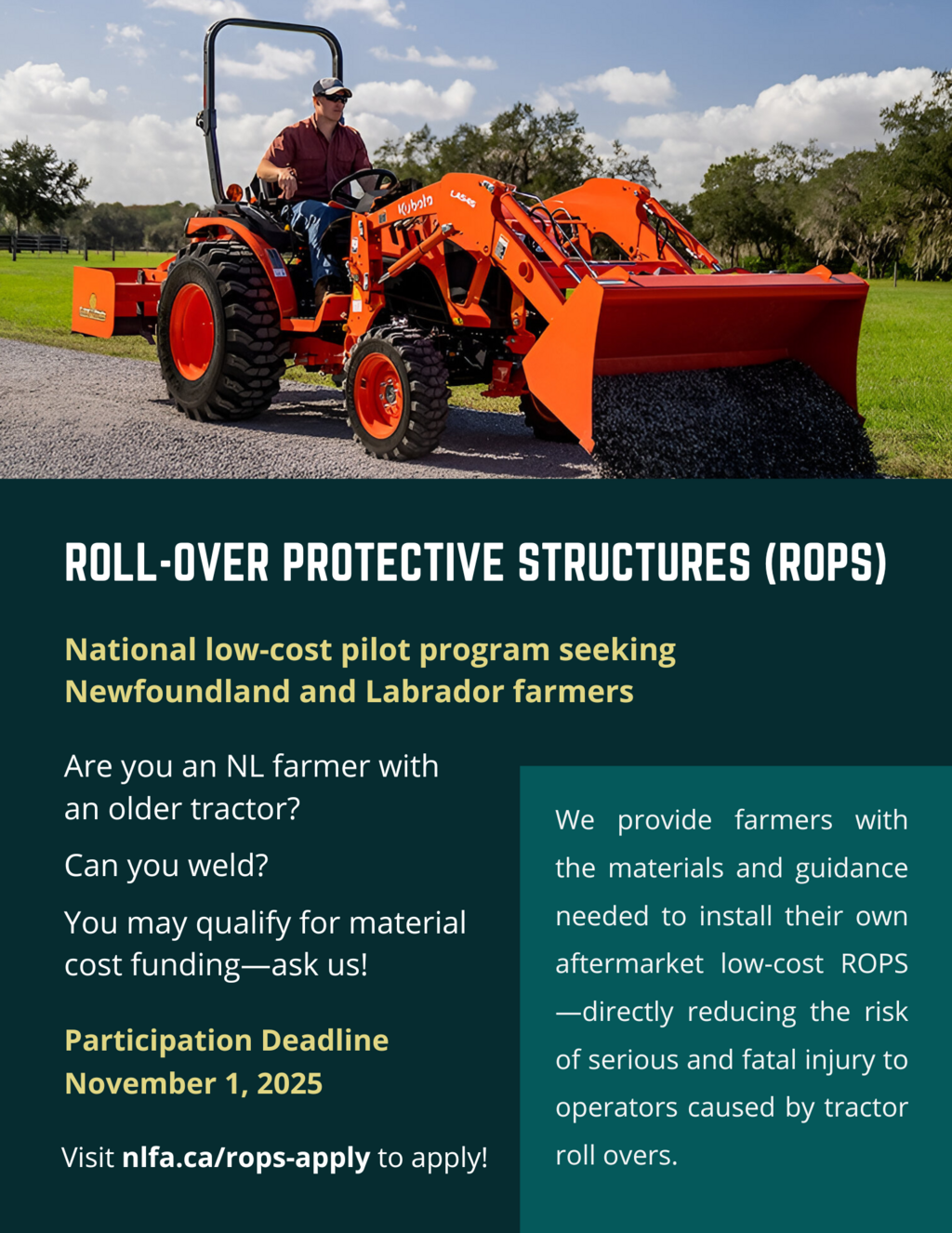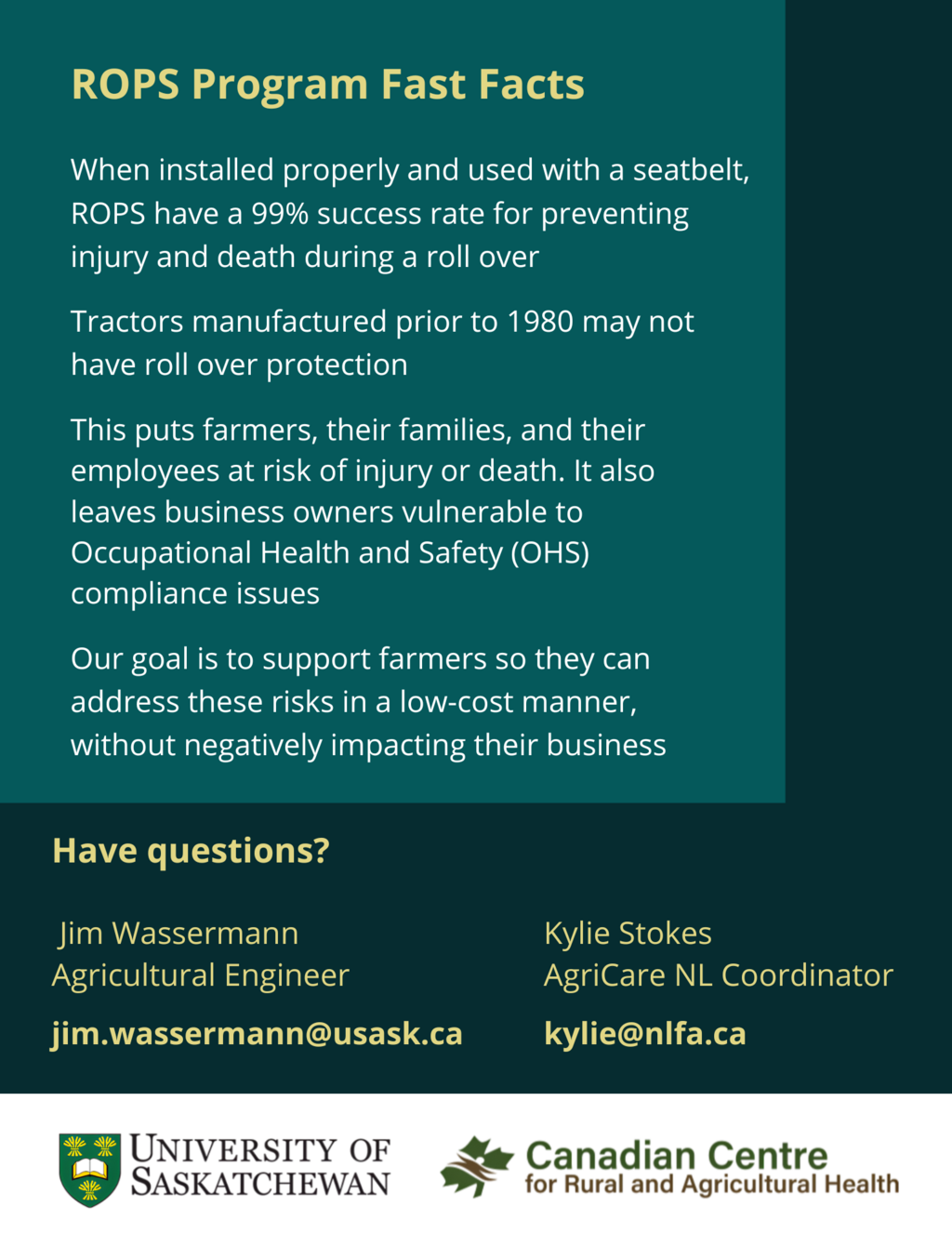

This national pilot program is a Canadian study being facilitated by the University of Saskatchewan (USASK) and the Centre for Rural and Agricultural Health (CRAH). The study will close at the end of 2025.
Their goal is to determine if Canadian farmers have the technical abilities to fabricate their own ROPS under the guidance of an agriculture engineer, and will successfully pass a standardized safety inspection meeting the Canadian Standards Association (CSA) regulations required by federal and provincial occupational health and safety (OHS) laws.
The Low-cost ROPS program is asking for a sample of 8-10 Newfoundland and Labrador farmers with sufficient prior welding and fabrication experience to dedicate approximately 4 hours of labour to fabricate two (2) copies of very simple ROPS design.
Farmers are provided detailed instructions, build plans and ongoing guidance provided by the program's certified agricultural engineer, Jim Wassermann.
Two copies are made so that one that one (1) can be shipped to the study's headquarters in Saskatchewan, in order to be tested to determine if the ROPS safe to install and will meet CSA standards.
Once the safety inspection is passed, a certified ROPS label for the remaining copy and instructions for installation on to the tractor, as well as the installation of a seatbelt, are provided.
Funding Provided


The AgriCare NL website is funded by the Sustainable Canadian Agriculture Partnership.
Sustainable CAP is a five-year, $3.5 billion investment by federal, provincial and territorial governments to strengthen the competitiveness, innovation and resiliency of Canada’s agriculture, agri-foods and agri-based products sectors. This includes $1 billion in federal programs and activities and a $2.5-billion commitment that is cost-shared 60 per cent federally and 40 per cent provincially/territorially for programs that are designed and delivered by provinces and territories. Sustainable CAP supports initiatives to provide mental health and wellness resources to the Newfoundland and Labrador agriculture and agri-foods industry.
Kylie Stokes, M.A.C.P.
AgriCare NL Program Coordinator
Newfoundland & Labrador Federation of Agriculture
6 Mount Carson Avenue, Suite 106
Mount Pearl, NL
A1N 3K4
(709) 747-4874 ext. 210
